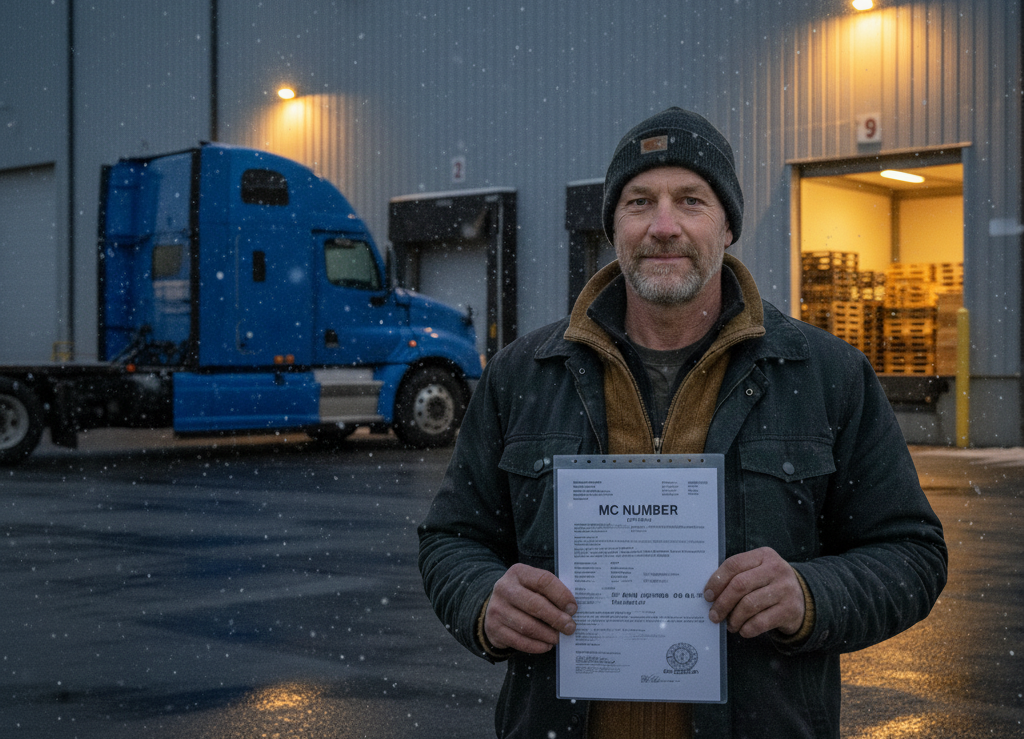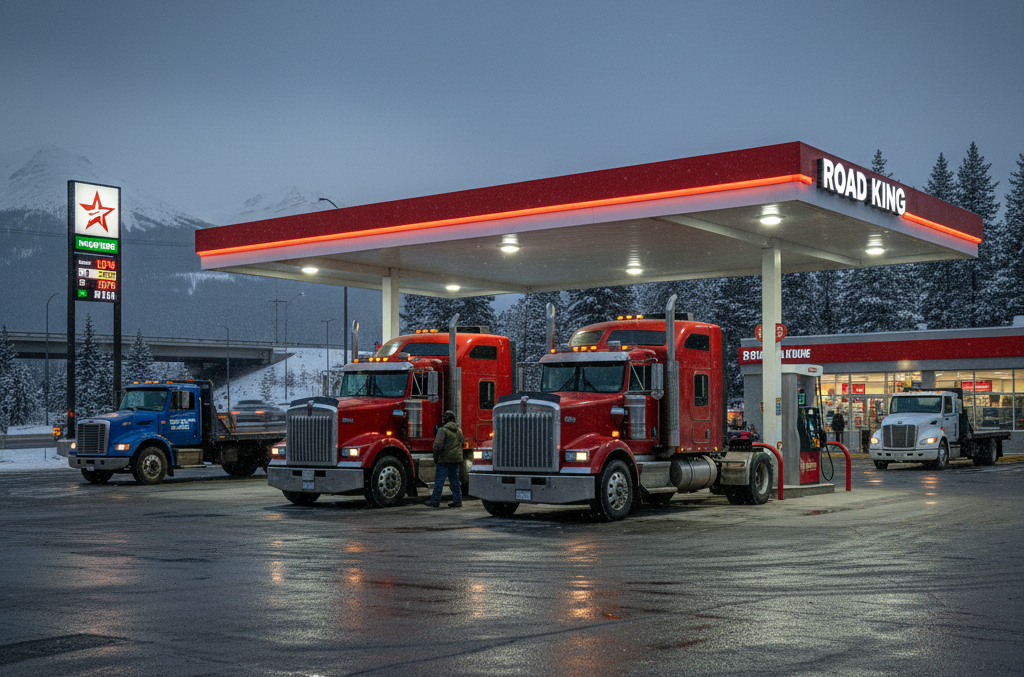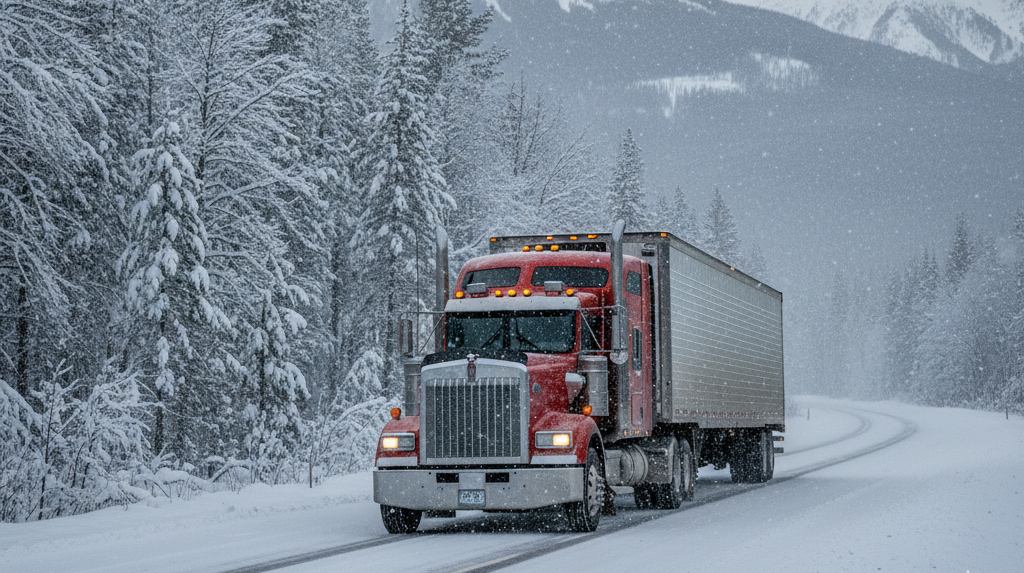Why Insurance Matters for Owner-Operators
For owner-operators, insurance is the main requirement for reliable trucking operations.
Without it, you won’t obtain an MC number and operating authority. The absence of these licenses leads to legal issues and penalties.
Insurance also protects your trucking operations from potential risks. Usually, it includes damage or theft of a truck or cargo. Even a minor incident could lead to financial issues and reputation damage.
However, comprehensive insurance coverage can minimize these risks. It protects you from potential financial losses and improves your credibility, making you a reliable partner.
Essential Insurance Types for Owner-Operators
We’ve already defined the importance of the right insurance for owner-operators. You must also understand the difference between the insurance types. Here are some essential types of insurance you need to meet owner operator insurance requirements.
Liability Insurance
Liability insurance is the main insurance coverage required by federal regulations. It covers any damages you might cause to other road participants. Liability insurance safeguards from property damage, injuries and related legal fees. This insurance usually is defined by two numbers, such as 100/300. The first is the maximum amount provided in case of injuries per person, while the second is the maximum amount per accident.
Physical Damage Insurance
This coverage safeguards your truck, providing costs for repair or replacement in case of damage. It also includes natural disasters, vandalism, and theft. Physical damage insurance isn’t necessary to comply with federal law but protects the truck, your most valuable instrument in the trucking business.
Cargo Insurance
It’s essential insurance for owner operators who provide delivery services. Cargo insurance protects goods from theft, damage, and loss. This coverage helps avoid disputes with clients and financial losses.
Owner operator cargo insurance is also required when cooperating with shippers and brokers.
Occupational Accident Insurance
Occupational accident coverage is a traditional workers’ compensation for owner-operators. However, it’s more flexible and affordable. This includes protection from job-related accidents and coverage of medical expenses, disability, or death benefits.
Non-Trucking Liability Insurance
Non-trucking liability (NTL) or bobtail insurance provides you with truck protection from incidents during non-business activities. It’s essential as liability insurance safeguards your truck only during business activities.
NTL protects you during off-duty periods, becoming a wise addition to your insurance.
Uninsured/Underinsured Motorist Insurance
Some drivers may not have adequate insurance. If you’re hit by someone who doesn’t have coverage, this insurance has your back. It covers your medical expenses and damages if the other driver can’t. Otherwise, you wouldn’t obtain compensation.
Trailer Interchange Insurance
This coverage is crucial if you haul trailers you don’t own. Trailer interchange insurance covers any damage to or loss of a trailer in your care, custody, or control. It’s crucial for owner-operators who work under a trucking authority where trailer sharing is common.
This insurance demonstrates your commitment to protecting the assets of other parties. It can be one of the insurance requirements for owner operators in such agreements.
Motor Truck General Liability Insurance
This insurance ensures coverage that isn’t related to driving. Motor truck general liability insurance covers property damage or injuries while you aren’t driving, such as incidents at truck stops or your business location, cargo damage during loading or unloading, or during maintenance activities.
It’s comprehensive coverage that rounds out owner operator insurance requirements, ensuring protection for a wide range of incidents.
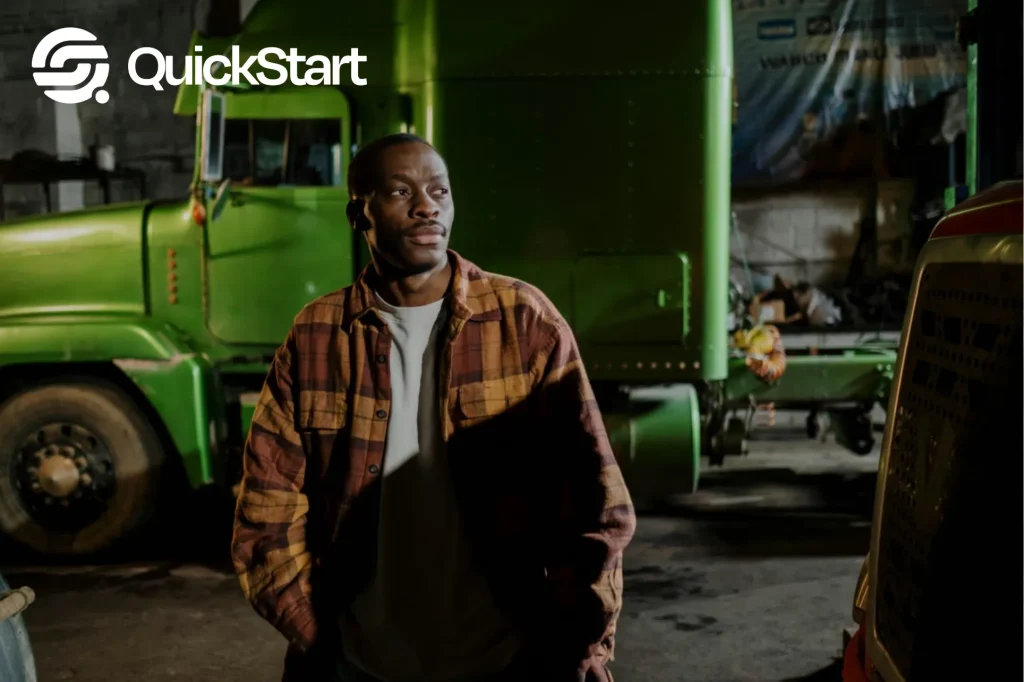
Understanding Insurance Costs
Insurance costs can vary according to several factors, such as truck value, driving record, and cargo type. Travel distance, location, and experience level can also influence them.
- Driving record. Driving history significantly impacts insurance rates. A clean record with zero violations or accidents can ensure lower premiums.
- Truck and cargo type. The kind of truck and cargo hauled are also significant for insurance costs. In particular, owner operator cargo insurance for high-value items or hazardous materials involves higher premiums amid the increased risk.
- Coverage levels. The amount of selected coverage affects total costs. Ensure your chosen insurance provides all the protection you need.
- Location. Your location impacts insurance costs as different states have varying insurance requirements for owner operators.
Legal Requirements for Insurance
Owner-operators must comply with the insurance requirements set by federal and state laws. This involves liability insurance, while the required costs vary based on the cargo type you haul.
Each state also has specific insurance rules, which can impact minimum coverage limits and required insurance types. Non-compliance can lead to fines, legal penalties, and operations suspension.
Usually, the federal requirement for independent owner-operators is liability insurance with a minimum coverage of $750,000. However, the industry standard is $1 million. The other requirement is physical damage coverage if you have a loan on your truck.
Insurance requirements for owner operators working under a permanent lease to a motor carrier company include NTL insurance with $1 million and occupational accident coverage.
Such options as cargo insurance or motor truck liability insurance are optional, but they’re highly recommended.
How to Choose the Right Insurance
The right insurance greatly impacts your trucking operations. It provides protection for your truck, cargo shipped, and any risks you may face. You should consider several types of insurance to cover the one that complies with all your needs and industry requirements.
First, evaluate the needs of your operations. This includes the routes you usually drive, the types of cargo you ship, and the condition and value of your truck. Thus, you can determine the most suitable option for you. If you’re a newcomer, it’s better to understand how different coverages operate together.
The next step is to research options of insurance providers specializing in commercial trucking. Choose a company with a reliable reputation, and remember to review feedback. Thus, you can find the best insurance for trucking authority at a competitive price.
Ensure the chosen coverage meets your needs and requirements. In addition, it’s important to review the agreement to be aware of exclusions and limitations.
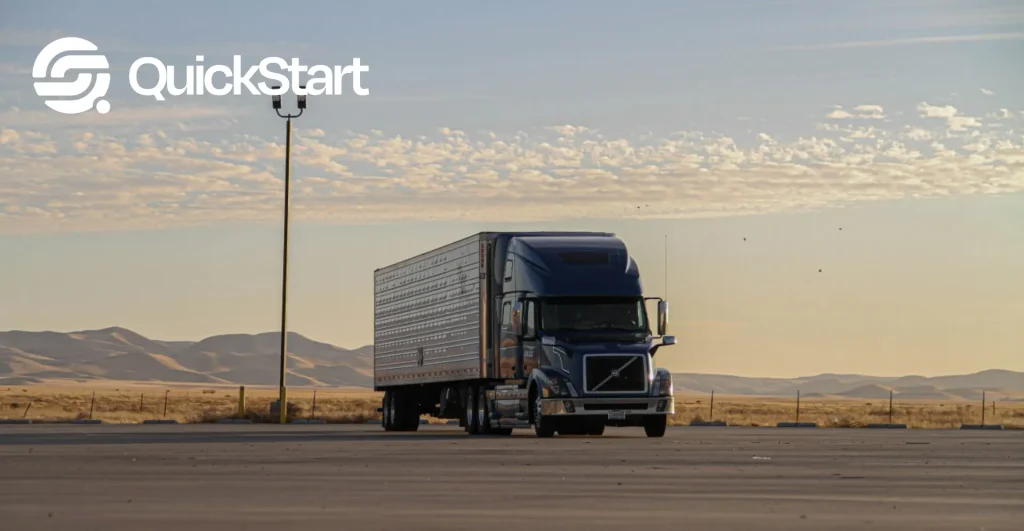
Mistakes to Avoid When Choosing Insurance
Choosing the right insurance for your operations is vital. For a wise choice, it’s important to understand common mistakes:
- Choosing the cheapest policy. It’s tempting but can leave you with insufficient coverage. In the long run, it can lead to more costs amid exclusions or limitations.
- Providing inaccurate information. Always provide accurate details. Misleading information can result in denied claims or even cancellation of your insurance.
- Ignoring exclusions or limitations. Carefully review the exclusions and limitations in certain situations. Always understand what they refer to to ensure sufficient protection.
- Skipping coverages. Some owner-operators may skip optimal coverages such as roadside or underinsured coverage. However, they can be essential in certain situations.
- Overlooking regulatory compliance. It’s crucial to know what insurance you need according to federal and state requirements. Make sure your coverage complies with all relevant rules.
Conclusion
Insurance is not only a legal requirement but a vital aspect of reliable trucking operations. Owner-operators should understand the different insurance types and their specifics to safeguard their operations from potential risks. Knowing how to meet the insurance requirements for owner operators can help you comply with federal laws.
Remember to regularly review your insurance coverage the ensure you’re well-protected.


